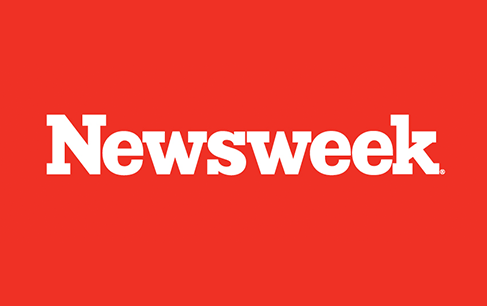WWF in Action: British Columbia
Stories from the Field: Timber Harvesting with the Iisaak
By Kerry Cesareo, WWF's Managing Director, Forests The forestry bug bit me thirteen years ago. Already a committed conservation biologist, I sealed my passion for forests during time spent in the Nuu-chah-nulth traditional territories of Vancouver Island.
The forestry bug bit me thirteen years ago. Already a committed conservation biologist, I sealed my passion for forests during time spent in the Nuu-chah-nulth traditional territories of Vancouver Island.Forests hold deep cultural and spiritual significance for communities around the world, particularly for Canada’s First Nations. For years, the temperate rainforests of the Clayoquot Sound off the coast of Vancouver sat at the middle of a contentious and long-running dispute between the First Nations, environmentalists and the forest products industry.
The parties reached a tenuous peace agreement in the mid-1990s, convening unlikely allies in a joint venture between a forest products company and native people, called Iisaak. Honoring their name, which means respect in the Nuu-chah-nulth language, Iisaak agreed to practice ecosystem-based forestry and pursue independent certification of its practices and labeling of its products under the Forest Stewardship Council (FSC).
I will never forget Iisaak’s first timber harvest. Offering prayers and gratitude, a First Nation elder blessed the tree, thanked the Creator for both the tree’s life and the gifts of resources and prayed for the safety of Iisaak’s workers. As the drumming and chanting faded, the chainsaw roared and a giant cedar crashed down. A new ray of sunlight hit the forest floor, filling me with the hope and promise of certified forestry as a new way forward for the people of the island, and for the world’s forests.
Forest stewardship—motivated by commercial interest in maintaining a wood supply—can help protect vulnerable forests from illegal logging, encroachment and conversion to farmland. A WWF report found that expanding responsible forest management is the only way to reduce deforestation and still meet the needs of a growing population.
Just as the clashing parties in Clayoquot Sound realized more than a decade ago, we need to cooperate. WWF works to spur action across all levels—from partnering with communities to drive sustainable solutions to advocating law reform to engaging with companies to move them toward responsible forestry or increase consumer awareness. The future of the world’s forests depends on us all.
Photo © N.C. Turner / WWF-Canon























